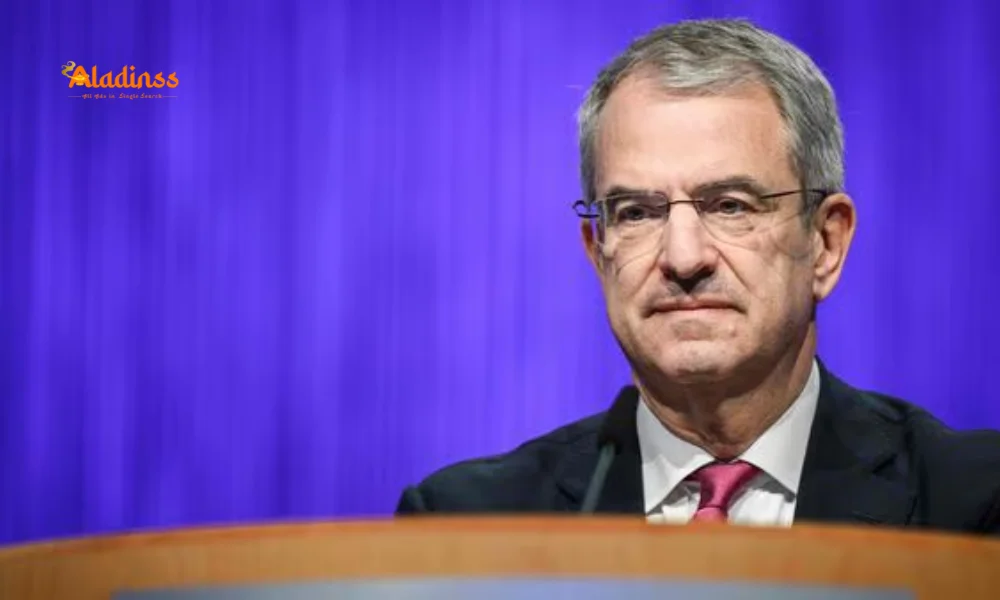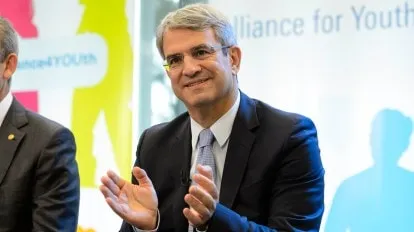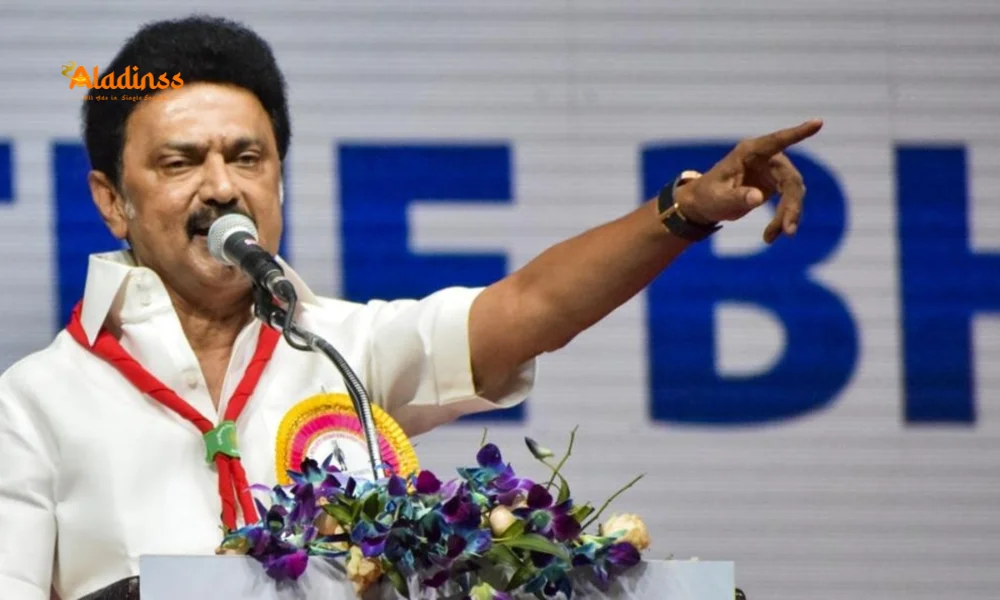Nestle CEO Fired Over Romantic Relationship With Employee

Nestle CEO Fired Over Romantic Relationship With Employee
In a shocking development, Swiss food giant Nestlé announced on September 1, 2025, the immediate dismissal of its Chief Executive Officer, Laurent Freixe, due to an undisclosed romantic relationship with a direct subordinate, which violated the company’s code of business conduct. The decision, following a thorough investigation overseen by Nestlé’s chairman Paul Bulcke and lead independent director Pablo Isla, marks a significant leadership shakeup for the world’s largest food and beverage company. Philipp Navratil, previously the CEO of Nestlé’s Nespresso division, has been swiftly appointed as Freixe’s successor, tasked with steering the company through a challenging period marked by declining profits and sluggish consumer spending. This move underscores Nestlé’s commitment to upholding its corporate governance standards and maintaining its reputation amid turbulent market conditions.
Details of the Investigation and Dismissal
The dismissal of Laurent Freixe followed an internal probe prompted by a whistleblower report, according to sources familiar with the matter. The investigation, supported by external legal counsel, confirmed that Freixe’s undisclosed relationship with a direct subordinate breached Nestlé’s stringent code of conduct, which prohibits such relationships due to potential conflicts of interest. “The departure of Laurent Freixe follows an investigation into an undisclosed romantic relationship with a direct subordinate which breached Nestlé’s code of business conduct,” the company stated. Chairman Paul Bulcke emphasized the necessity of the decision, stating, “This was a necessary decision. Nestlé’s values and governance are strong foundations of our company. I thank Laurent for his years of service.” The swift action reflects Nestlé’s zero-tolerance policy for ethical violations, even at the highest corporate levels.
Freixe, a 40-year veteran of Nestlé, had been a respected figure within the company, having joined in 1986 in France. He navigated the company through significant challenges, including the subprime and euro crises as head of European operations until 2014, before leading the Latin America division. Appointed CEO in September 2024, Freixe was tasked with reversing a downturn in consumer spending that had impacted Nestlé’s portfolio, which includes iconic brands like KitKat, Nespresso, Purina, Maggi, Gerber, and Nesquik. His abrupt exit, just one year into his tenure, has raised questions about leadership stability at Nestlé, especially given the company’s recent financial struggles.

Philipp Navratil: The New CEO
In a rapid response to Freixe’s dismissal, Nestlé’s board appointed Philipp Navratil, a seasoned executive with over two decades at the company, as the new CEO. Navratil, who joined Nestlé in 2001 as an internal auditor, has held various leadership roles, including managing the coffee and beverage business in Mexico from 2013 to 2020 and overseeing global strategy for Nescafé and Starbucks brands. He became CEO of Nespresso in July 2024 and joined the executive board in January 2025. “I fully embrace the company’s strategic direction, as well as the action plan in place to drive Nestlé’s performance,” Navratil said, pledging to “drive the value creation plan with intensity.” Chairman Bulcke expressed confidence in Navratil’s ability to lead, citing his “impressive track record of achieving results in challenging environments.”
Navratil’s appointment is seen as a strategic move to maintain continuity in Nestlé’s growth plans. The company emphasized that it will not deviate from its current strategy, focusing on operational efficiency and market recovery. Navratil’s experience in the coffee sector, particularly with high-profile brands like Nescafé and Nespresso, positions him to address the rising costs of raw materials like cocoa and coffee, which have strained Nestlé’s margins. His collaborative leadership style is expected to foster teamwork and innovation as the company navigates a competitive global market.
Nestlé’s Financial Challenges
Nestlé has faced significant financial headwinds in recent years, with its share price dropping by nearly 25% in 2024, a concern for Switzerland’s pension funds, which heavily invest in the company. In July 2025, Nestlé reported a 10.3% decline in first-half profits, driven by sluggish consumer spending in key markets like China and rising costs for cocoa and coffee. The company, headquartered in Vevey, Switzerland, has struggled to pass these increased costs onto consumers without affecting demand for its diverse portfolio, which spans pet food, baby food, coffee, and confectionery. Despite these challenges, Nestlé’s shares closed marginally higher at 75.49 Swiss francs (approximately $89) on September 1, 2025, signaling cautious investor optimism following Navratil’s appointment.
The company’s struggles are not unique, as global consumer goods giants face similar pressures from inflation, supply chain disruptions, and shifting consumer preferences. Nestlé’s vitamins and supplements business has underperformed, and the company is exploring the sale of its bottled water division, including brands like Perrier and S.Pellegrino. Freixe’s tenure was marked by efforts to refocus on core strengths—coffee, pet care, and food—while navigating these challenges. Navratil inherits a complex mandate to stabilize finances, boost growth, and restore investor confidence in a competitive market.
Context of Corporate Governance
Freixe’s dismissal is part of a broader trend of high-profile executive exits linked to workplace relationships. In recent years, CEOs at companies like BP, McDonald’s, and Intel have faced similar consequences for breaching corporate codes of conduct. For instance, BP’s Bernard Looney resigned in 2023 for failing to disclose past relationships, while McDonald’s Steve Easterbrook was ousted in 2019 for a consensual relationship with an employee. These cases highlight the increasing scrutiny of executive conduct, particularly when relationships involve direct subordinates, raising concerns about favoritism, power dynamics, and transparency.
Nestlé’s code of business conduct explicitly prohibits undisclosed relationships that could create conflicts of interest, emphasizing the company’s commitment to ethical governance. The investigation into Freixe’s conduct was triggered by a whistleblower report, underscoring the effectiveness of Nestlé’s internal reporting mechanisms. The company’s decision to act decisively, without offering Freixe an exit package, sends a strong message about accountability, even for long-serving executives. This approach aligns with global corporate governance trends, where boards prioritize ethical standards to protect shareholder trust and corporate reputation.
Implications for Nestlé’s Future
The sudden leadership change comes at a critical juncture for Nestlé, which has faced criticism for its handling of controversies, including past allegations of toxicity in baby food and ethical concerns over its operations in conflict zones. Navratil’s appointment is seen as an opportunity to reset the company’s trajectory, leveraging his expertise in the coffee sector to strengthen core brands like Nescafé and Nespresso. His prior roles in Central America and Mexico, where he navigated complex markets, equip him to address the current economic challenges, including rising commodity costs and weakening demand in key regions.
Analysts are cautiously optimistic about Navratil’s leadership, noting his reputation for driving results in challenging environments. However, the transition occurs amid broader market concerns, with Nestlé’s shares lagging behind competitors like Unilever and PepsiCo, which reported $91 billion in sales in 2024 compared to Nestlé’s $101.5 billion. The company’s ability to maintain its position as the world’s largest food and beverage company by sales will depend on Navratil’s success in executing efficiency measures and regaining consumer trust in key markets.
Market and Stakeholder Reactions
The market’s response to Freixe’s dismissal has been mixed, with Nestlé’s shares closing up 0.13% at 75.49 Swiss francs on September 1, 2025, reflecting investor confidence in the company’s swift action and Navratil’s appointment. However, the leadership change has raised concerns among Swiss pension funds, which rely heavily on Nestlé’s performance. The company’s 20% stake in L’Oréal, coupled with its extensive brand portfolio, makes it a cornerstone of Switzerland’s financial ecosystem. Stakeholders are closely watching Navratil’s initial moves, particularly his plans to address the profit decline and navigate rising raw material costs.
The broader industry has taken note of Nestlé’s decisive action, with analysts suggesting that the company’s handling of the situation could set a precedent for how global corporations address ethical breaches. The appointment of Navratil, a company insider, is seen as a stabilizing move, avoiding the cultural missteps that marked the tenure of Freixe’s predecessor, Mark Schneider, who was ousted in 2024 after a seven-year stint. As Nestlé moves forward, the focus will be on restoring growth, enhancing operational efficiency, and maintaining the trust of consumers and investors alike.
Comment / Reply From
No comments yet. Be the first to comment!











